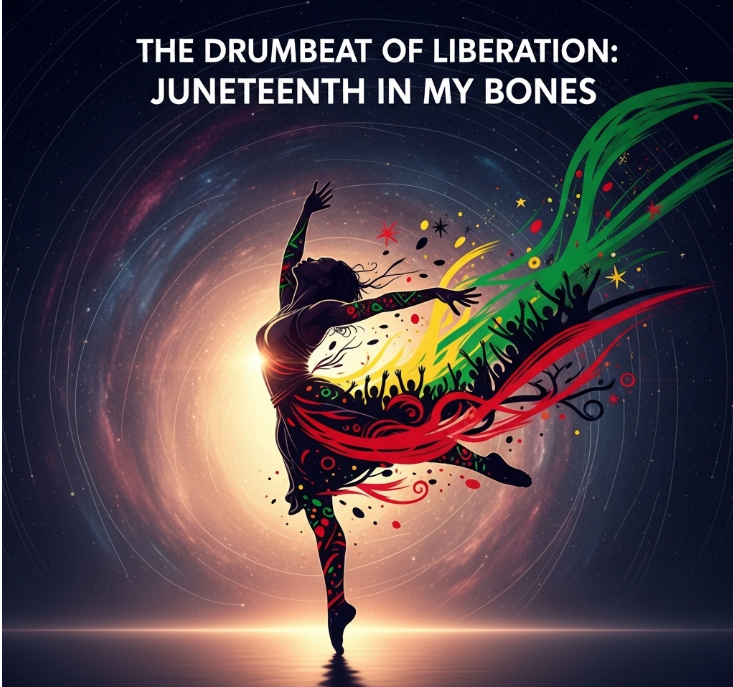Today, June 19th, marks Juneteenth, a pivotal moment in American history that offers a profound lens through which to examine our understanding of spacetime—both in its cosmic and human dimensions. When Union soldiers arrived in Galveston, Texas, on June 19, 1865, proclaiming freedom for the last enslaved people, it wasn’t merely a delay in information; it was a fundamental shift in the spacetime coordinates of human existence for hundreds of thousands. Their reality, previously confined and distorted by the immense “mass and energy” of slavery, was suddenly unbound, allowing for a leap forward into personal and collective liberation.
At eglobal.space, we’re dedicated to exploring the frontiers of knowledge and connection, understanding that our world is an intricate web of interwoven experiences. Juneteenth perfectly illustrates that the human experience of time and space is incredibly dynamic. It reminds us that while physical distances or communication delays might seem negligible in our digital age, the impact of warped spacetime—where justice is withheld or progress is delayed—can have profound and lasting consequences on individuals and societies.
My own journey, navigating the challenges of breast cancer, revealed to me the intensely personal nature of spacetime. Illness can make time feel like it’s dragging or racing, creating a distorted landscape. Yet, it was through the motion and rhythm of dance that I began to understand how I could actively engage with and reshape my own personal spacetime, moving towards healing through motion.
Juneteenth, too, is a movement. It’s a continuous, evolving dance of human rights and dignity. It’s a reminder that true progress involves ensuring that the fabric of freedom stretches equally across all spaces and for all people, no matter where they are situated in time. From a global perspective, Juneteenth invites us to consider all instances where basic human rights are delayed or denied, urging us to work collectively to unravel the complex distortions in our shared human spacetime.
Let us use this day not only to reflect on the past but to commit to fostering a future where the spacetime of freedom is accessible to all, everywhere.

